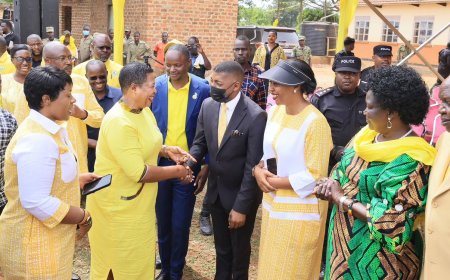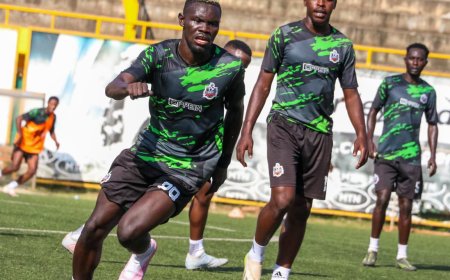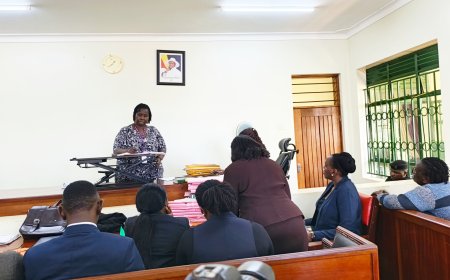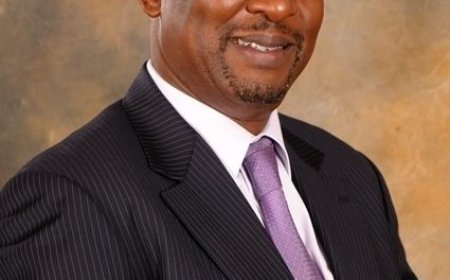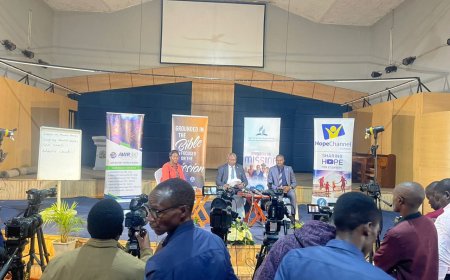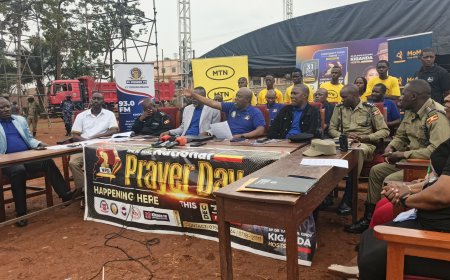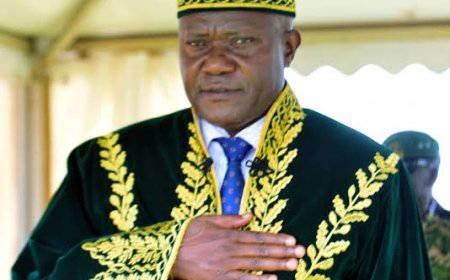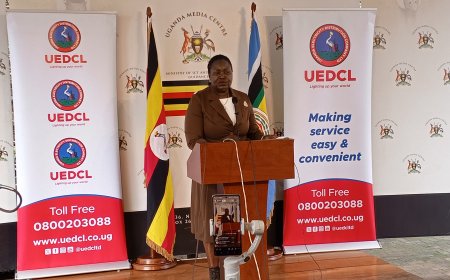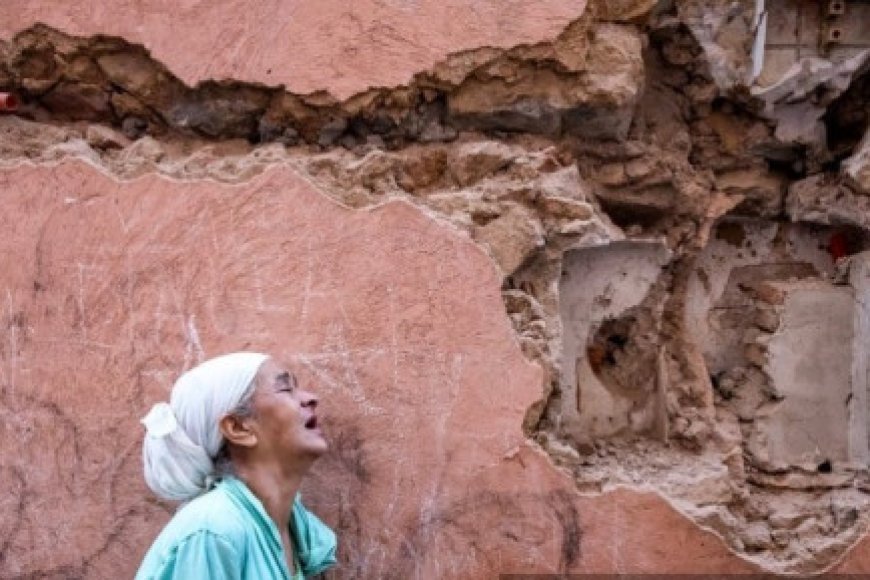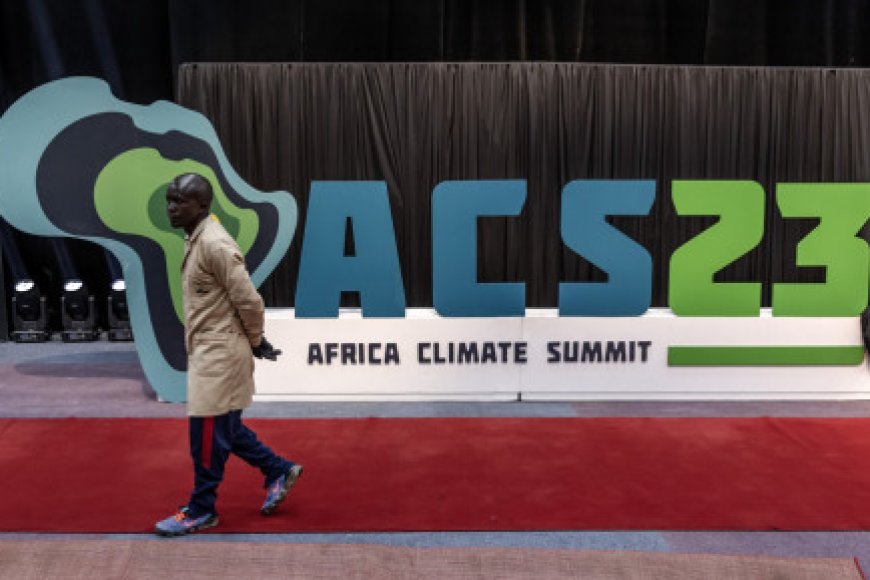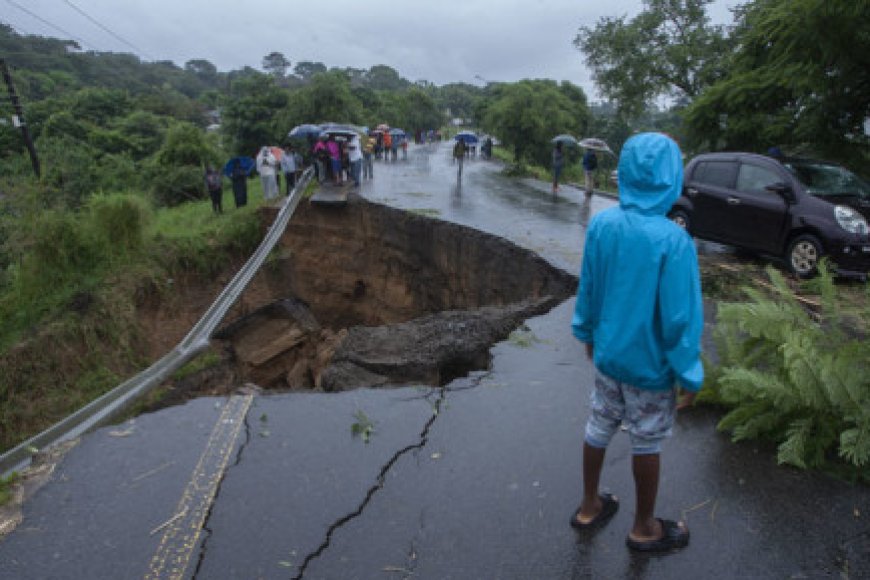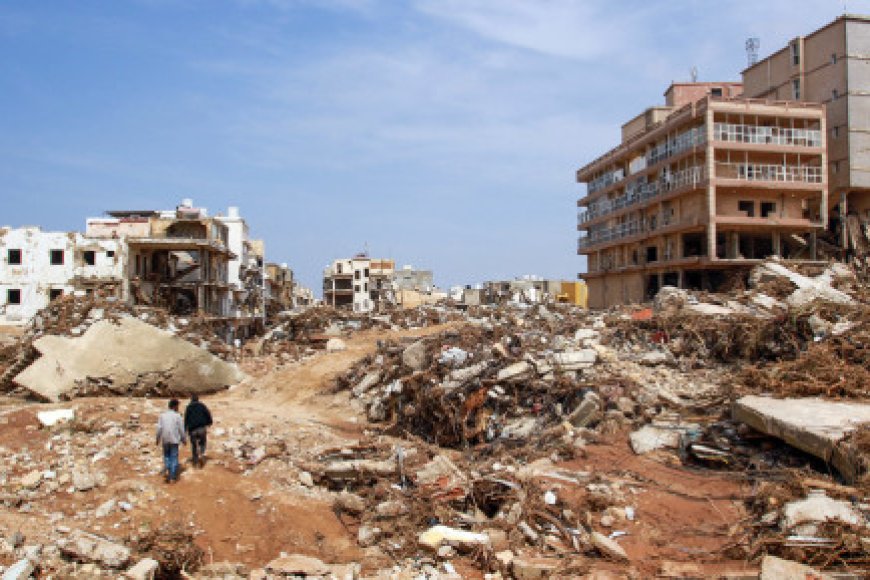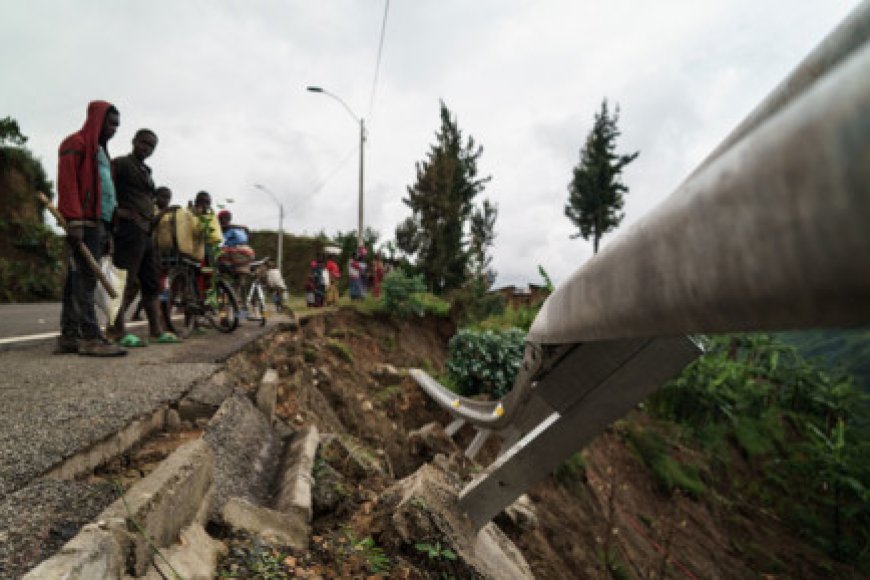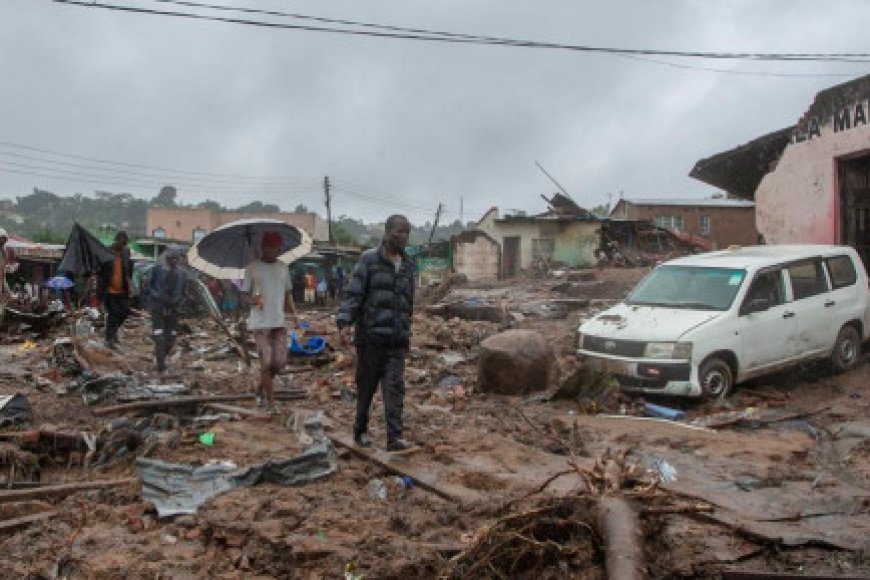Stakeholders Rally to Save River Manafwa and River Mpanga in Pre-UWEWK25 Marathons
As Uganda gears up for the Uganda Water and Environment Week 2025 (UWEWK25) under the theme: Water and Environment Resources for Enhanced Resilience and Improved Incomes and Livelihoods, regional activities have been conducted to raise awareness about water conservation and environmental sustainability.

As Uganda gears up for the Uganda Water and Environment Week 2025 (UWEWK25) under the theme: Water and Environment Resources for Enhanced Resilience and Improved Incomes and Livelihoods, regional activities have been conducted to raise awareness about water conservation and environmental sustainability.
Among the key pre-UWEWK25 events were two significant marathons: the Save River Manafwa Marathon in the Elgon sub-region and the Save River Mpanga Marathon in the Albertine region. These marathons served as platforms to engage communities, government agencies, and environmentalists in discussions and practical interventions to protect Uganda’s critical water sources.
Save River Manafwa Marathon: A Call to Action in Eastern Uganda
The Ministry of Water and Environment – Eastern Region spearheaded the Save River Manafwa Marathon, which culminated at the Mbale Cricket Grounds in Mbale City. The marathon aimed to rejuvenate River Manafwa, a lifeline for thousands in the Elgon region. The river has been under severe environmental threats due to deforestation, soil erosion, and poor land-use practices.

Renowned long-distance runner and 2010 Commonwealth Champion in the 5000m and 10,000m, Moses Kipsiro, officiated as the Chief Runner. Kipsiro, a strong advocate for environmental conservation, emphasized the need to protect water streams from encroachment and pollution.
"Our rivers are the lifeblood of communities. We cannot afford to lose them to human activities such as deforestation and poor farming methods. It is our responsibility to protect them for future generations," Kipsiro said.
Speaking at the event, Eng. Maximo Twinomuhangi from the Kyoga Water Catchment Management Zone urged locals to adopt sustainable farming practices to prevent soil erosion and sedimentation, which are major threats to River Manafwa.
"Protecting River Manafwa is not just about water conservation but ensuring food security and sustainable livelihoods. We need farmers to embrace agroforestry and contour farming to reduce runoff into water bodies," he stated.
Save River Mpanga Marathon: Conservation Efforts in the Albertine Region
Simultaneously, in the Albertine Region, environmentalists, local leaders, and community members gathered for the Save River Mpanga Marathon in Fort Portal City. This marathon aimed to highlight the depleting quality and quantity of water in River Mpanga, which flows through the districts of Kabarole, Kyenjojo, Kitagwenda, Kamwenge, and Ibanda, serving as a source of potable water for over 1.5 million residents.

River Mpanga is an essential water source for domestic, agricultural, and industrial use. However, its sustainability is threatened by activities such as:
Deforestation in the catchment areas, leading to reduced rainfall infiltration and increased runoff. Unregulated sand mining, which affects the riverbed and alters natural water flow.
Agricultural pollution, including the excessive use of fertilizers and pesticides that find their way into the river.
Environmental activists at the event called for strengthened enforcement of laws to protect riparian zones and stricter regulations on land use around water bodies.
Both marathons served as precursors to Uganda Water and Environment Week 2025 (UWEWK25), set to bring together policymakers, scientists, civil society organizations, and the general public to discuss solutions to water and environmental challenges.
With this year’s theme focusing on enhancing resilience and improving incomes and livelihoods, it is evident that conserving rivers like Manafwa and Mpanga is not only an environmental issue but also a matter of economic and social importance.
As Uganda moves towards UWEWK25, stakeholders must sustain the momentum gained from these marathons by implementing long-term conservation strategies, enforcing environmental laws, and empowering communities with sustainable practices that protect the country’s vital water resources.
The Save River Manafwa and Save River Mpanga marathons have reinforced the urgent need for collaborative efforts in environmental conservation. From government agencies to local communities, everyone has a role to play in ensuring Uganda’s rivers remain sources of life, resilience, and prosperity.
As the nation prepares for UWEWK25, these initiatives set the stage for broader discussions and commitments towards a sustainable and water-secure future for Uganda.



